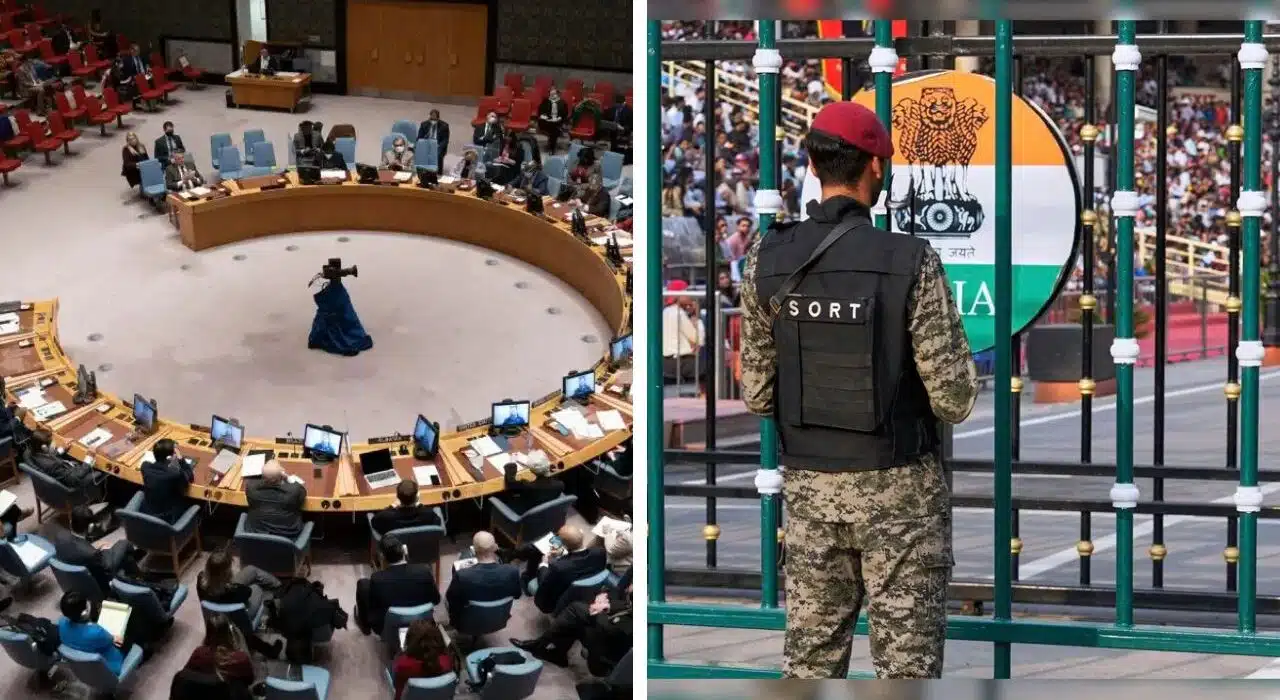The United Nations Security Council (UNSC) held closed-door meetings on Monday, May 5, to handle rising tensions between India and Pakistan following the April 22 Pahalgam terror attack. The meeting, scheduled for this afternoon by the Greek Presidency, was convened at Islamabad’s request.
Pakistan’s foreign office announced on May 4 that it might replace the UN on local trends following India’s suspension of the Indus Waters Treaty. In addition to the 5 permanent contributors with countries– China, France, Russia, the UK, and the USA, the 10 non-permanent individuals in the council are Algeria, Denmark, Greece, Guyana, Pakistan, Panama, South Korea, Sierra Leone, Slovenia, and Somalia.
Permanent Representative of Greece to the UN and President of the Security Council for the month, Ambassador Evangelos Sekeris, had in advance condemned the Pahalgam terror attack, in which 26 people – mainly tourists – have been killed.
Rubio speaks with Jaishankar in UNSC meeting
The US has time and again expressed solidarity with India in its combat against terrorism. In separate conversations with External Affairs Minister S Jaishankar and Pakistan PM Shehbaz Sharif, US Secretary of State Marco Rubio encouraged India and Pakistan to de-rise tensions. Rubio had entreated Pakistan to cooperate in the investigation of the Pahalgam terror attack.
India’s Response to Pahalgam attack
After Pahalgam attack, India implemented various diplomatic measures, such as postponing the 1960 Indus Waters Treaty. Before UNSC meeting, they prevents pass-border trade through the Attari Integrated Check Post, and revoking the Saarc Visa Exemption Scheme for Pakistani nationals.
PM Modi pledged to pursue the perpetrators and their supporters, pointing to Pakistan, which has a history of backing terror activities in India, to the “ends of the Earth” and inflict the worst punishment on them “beyond their creativeness.”
Read also: Anil Kapoor’s mother Nirmal Kapoor passed away at age of 90
